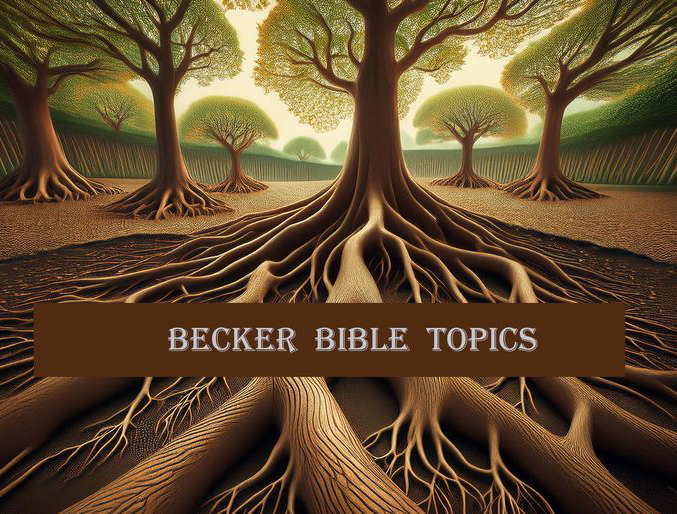
Caused by:
Man’s sin… Genesis 3:16, 17
Disobedience to God’s Law… Leviticus 26:14-20
Purposes to, of:
Punish for sin… 2 Samuel 12:9-12
Humble us… 2 Chronicles 33:12
Lead us to God’s Word… Deuteronomy 8:2, 3
Chasten and correct… Hebrews 12:5-11
Test our faith… 1 Peter 1:5-8
Give us final rest… Psalms 94:12, 13
Reactions to:
Rebellious… Exodus 14:4-8; Job 2:9
Distrustful… Exodus 6:8, 9
Complaining… Ruth 1:20, 21
Questioning… Jeremiah 20:7-9
Fainting… Proverbs 24:10
Arrogant… Psalms 10:6
Hopeful… Lamentations 3:31-40
Submissive… Job 5:17-22
Joyful… James 1:2-4
God’s relation to:
Troubles nations with… 2 Chronicles 15:5, 6
Knows the soul in… Psalms 31:7
Saves out of… 1 Samuel 10:19
Redeems out of… 2 Samuel 4:9
Help under:
By prayer… Jonah 2:1-7
By understanding God’s purpose… Lamentations 3:31-39; Romans 5:3

